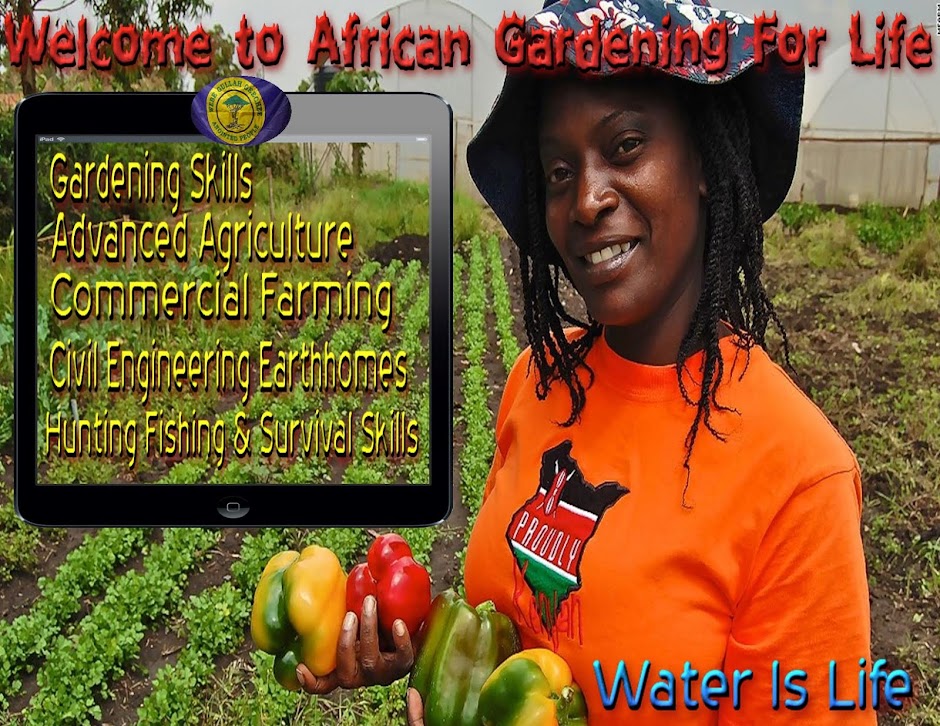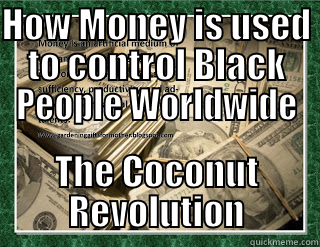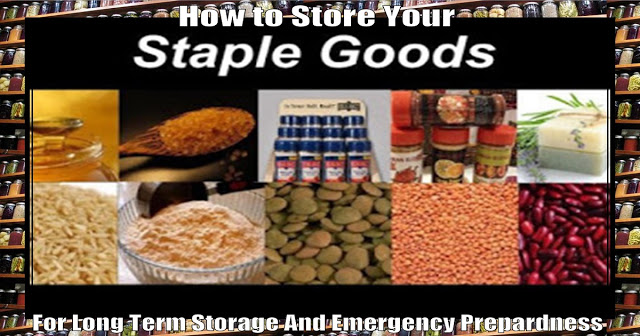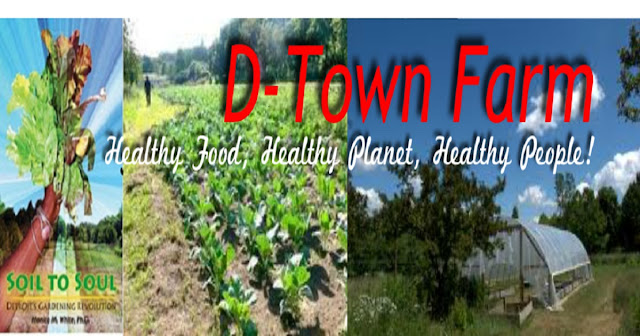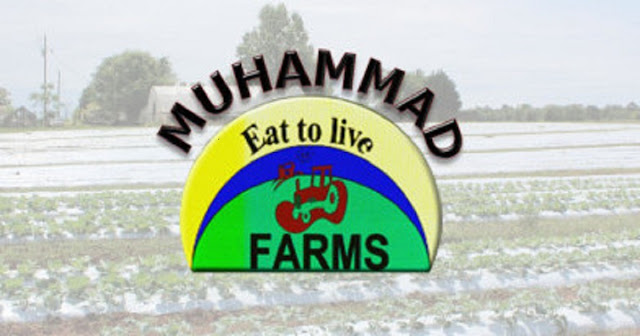12 Items you can store indefinitely that won't expire.
How to Correctly Store Your Food, Food Storage Part I
Posted December 3, 2010
Survival Food Storage | Tags: food storage, how to can vegetables, how to store food, survival food storage, survival seed bank
If you have planted your survival seed bank and begun harvesting your own food, then you are well on your way to self-sufficiency and long-term survival. But obviously, your garden is not going to produce at all times of the year. And when disaster strikes, the garden itself may be destroyed. So if you are not putting food in storage correctly, then you are missing a huge element of emergency planning and survival.
Now, on to the basics.
How to Store Food
How to store in 5lb buckets

*Plastic buckets- Generally speaking, I use food grade plastic buckets to store all my dry goods. There is some controversy over whether plastic can be used to store food long-term. Before purchasing a supply of buckets, contact the manufacturer to ensure that they are intended for food storage and not chemicals or solvents. Restaurants use plastic buckets for food storage all the time, so if you’d like you can even contact a local restaurant to see if you can get some used ones for cheap or free. When filling a plastic bucket with dry goods, such as wheat, rice, or beans, stop periodically and gently shake the bucket to get the contents to settle. Fill it all the way up to within 1/2 inch of the top of the bucket. This will reduce the amount of air that stays in the bucket, and reduce your chances of spoilage.
*Oxygen absorbers- Before you start storing food, you should definitely order some oxygen absorbers. You can get 500 of them for just about 15 bucks. I place 3 or 4 of these in each 5-gallon plastic bucket that I use for dry goods. These are extremely useful, since foods that are stored without oxygen last much longer. The trick in to place the oxygen absorbers in the bucket on top of the food, then quickly nail on the lid with a rubber mallet to create a tight, leak-free seal and a partial vacuum. This leaves the food in an atmosphere of 99% pure nitrogen. A tip to getting your oxygen absorbers to last a long time before using them is to store them appropriately. Remember that once you open the package, they will start to absorb oxygen around them right away. Keep your unused oxygen absorbers in a glass jar with a tight-fitting lid.
How to store/preserve food in glass jars.
*Glass jars- For fruits and vegetables, you really can’t beat old fashioned canning in glass jars. Glass jars are cheap to buy, and easy to use and sterilize. You can refer to my blog A Good Reason To Can Your Own Vegetables for links to sites that will guide you through your first canning experience. Once you have done it a few times, you will have committed the process to memory. You may find instructions online for refrigerator pickles, such as in my Lacto-Fermentation blog. It is important to note that these methods are for quick consumption, not long-term storage. Fruits and vegetables that you will to store for long periods of time must be canned using a heat process, or dried and vacuum packed.
1450 Seed Banks Available
3 items you'd never think of to stockpile for SHTF or Economic collapse
Plant Twist for growing stalk items/holding plants up etc.
(Enter)
Hoodoo Medicine is a unique record of nearly lost African-American folk culture. It documents herbal medicines used for centuries, from the 1600s until recent decades, by the slaves and later their freed descendants, in the South Carolina Sea Islands. The Sea Island people, also called the Gullah, were unusually isolated from other slave groups by the creeks and marshes of the Low Country. They maintained strong African influences on their speech, social customs, and beliefs, long after other American blacks had lost this connection. Likewise, their folk medicine mixed medicines that originated in Africa with cures learned from the American Indians and European settlers. Hoodoo Medicine is a window into Gullah traditions, which in recent years have been threatened by the migration of families, the invasion of the Sea Islands by suburban developers, and the gradual death of the elder generation. More than that, it captures folk practices that lasted longer in the Sea Islands than elsewhere, but were once widespread throughout African-American communities of the South.
